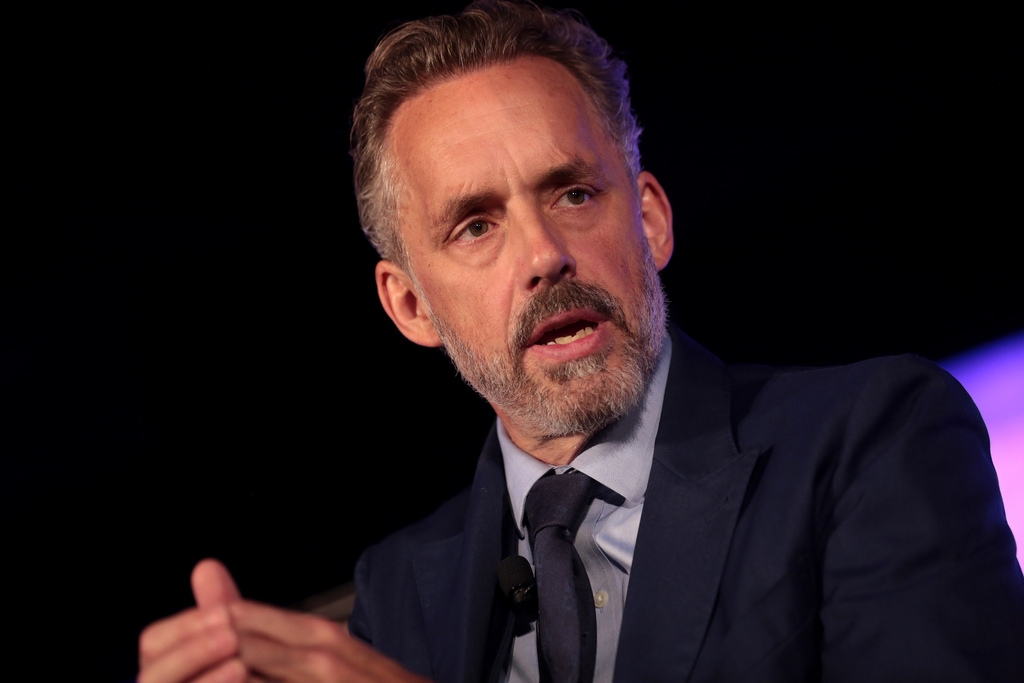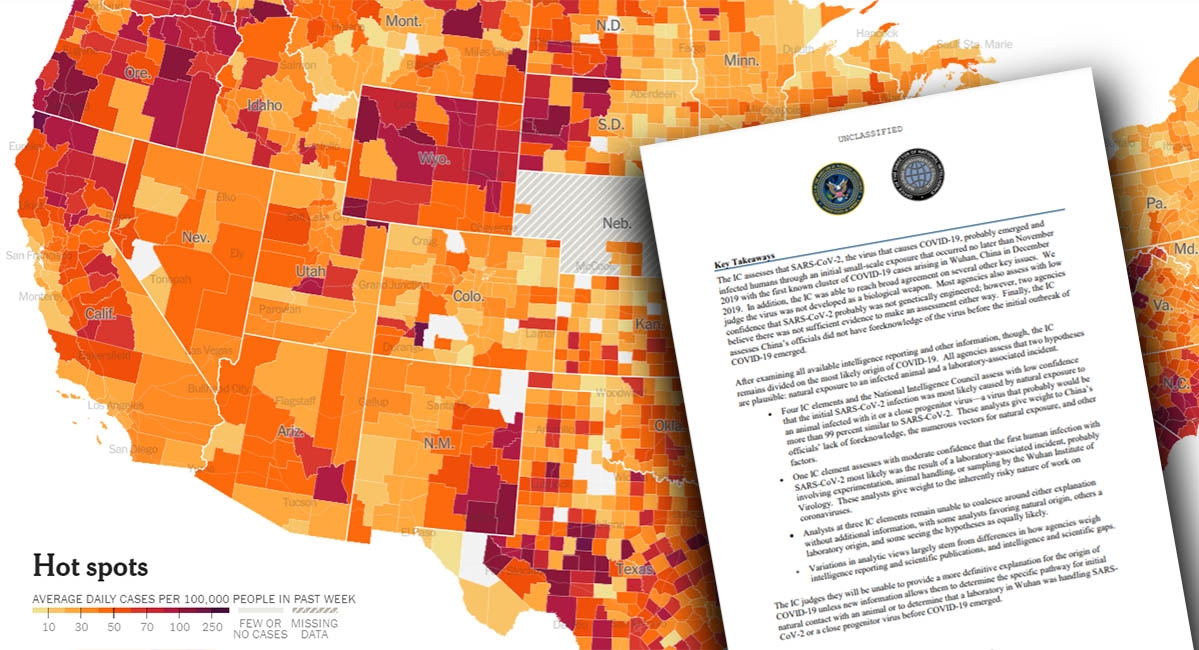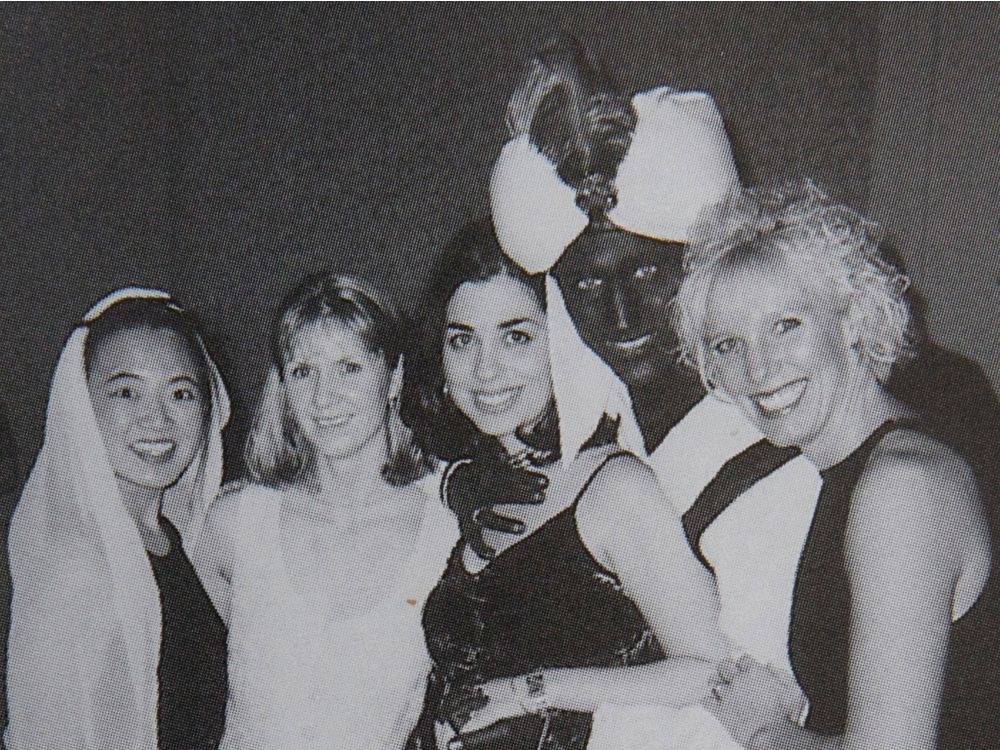
Ford’s meeting with Peterson gives new weight to his views on the Ontario Human Rights Commission
Photo credit: Gage Skidmore
The CBC has recently learned that Ontario Premier Doug Ford held a private session with the controversial academic Jordan Peterson. The meeting took place one week after Peterson publicly urged Ford to abolish the Ontario Human Rights Commission (OHRC).
Peterson’s plea against the OHRC was posted via Twitter, where he said there, “isn’t a more dangerous organization in Canada” than the Commission.
His discussion with the Premier could mean serious change for the province, and requires an evaluation of the context and justifiability of his tweet.
Peterson’s tweet was, in part, a response to a CBC Radio interview where the Chief Commissioner of the OHRC discussed the Commission’s decision to intervene in a case presented to the Ontario Human Rights Tribunal.
The case in question was brought forward by an individual who believed the province’s new interim sex-education curriculum was discriminatory towards LGBTQ+ students.
To Peterson, this case highlights the “dangerous” nature of the OHRC, of which he has been a long-time critic.
So what does the OHRC do, and why does Peterson take issue with it?
Established in 1961, the OHRC is a provincial arms-length government agency with a mandate to prevent discrimination and protect Ontarians’ human rights, especially those of individuals belonging to marginalized groups. When intervening in cases the OHRC is able to introduce evidence, cross-examine witnesses, and make suggestions about possible remedies should the Tribunal find discrimination has occurred. It has a powerful role in the legislative process.
To Peterson, the OHRC is dangerous because he believes it’s a biased extra-judicial power that works to serve ‘special interest groups,’ which he has said include ‘social justice warriors’ and LGBTQ+ activists.
But is the danger as real as he makes it out to be?
The OHRC and its practices are not infallible – recall the criticism resulting from its sweeping definition of hate speech. That said, Petersons’ calls for its abolishment are difficult to justify.
The OHRC holds, and operates on, progressive values – values which not everyone supports. It also enjoys considerable lobbying power over the government’s practices regarding human rights.
But that doesn’t make it dangerous, let alone the most dangerous organization in the country.
The OHRC challenges entrenched systemic practices of discrimination, such as the exclusion of LGBTQ+ issues from Ontario’s sex-education curriculum. It does essential work to protect the rights of Ontario’s most vulnerable groups.
Peterson sees OHRC’s work, specifically the broadening of the definition of discrimination, as an infringement of his (and others’) personal freedom. This is not an unpopular view, but it fails to recognize the commonplace, frequent and incredibly harmful discrimination that marginalized groups face in their daily lives.
Without the OHRC, the freedom and safety of millions of Ontarians who belong to these groups would be under threat. It has a mandate to represent and protect the values of Ontarians and the human rights of its citizens – this means it can sometimes run ahead of the curve, and draw fire for doing so. But there is value to society in an organization that takes the long view and pushes– in a principled and reasoned fashion– the margins of equality beyond comfort levels of the moment.
If Ontario cares about inclusion, diversity and advocacy, the abolishment of the OHRC would be a significant step backwards for the province.








